December 20, 2024 | 08:01 GMT +7
December 20, 2024 | 08:01 GMT +7
Hotline: 0913.378.918
December 20, 2024 | 08:01 GMT +7
Hotline: 0913.378.918
It provides 95% of our food, supports global biodiversity and helps balance the climate by storing atmospheric carbon.
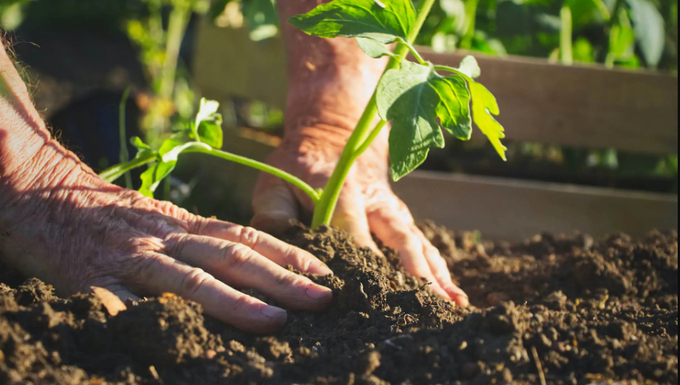
Soil is a living natural resource that is the foundation of all healthy plants.
Soil is also a huge source of raw materials, from iron ore and bauxite (the rock used to make aluminium) to natural gas which is used to power our society.
A new report from Save Soil – a campaign from the global people’s movement Conscious Planet – outlines the surprising ways that healthy soil is directly connected to our mental and physical health.
Literally touching soil, including walking barefoot on it or getting your hands dirty, can improve your gut health. We carry many of the same bacteria as soil does in our intestines and on our skin. So the human body is covered inside and out with microbes that are found in soil.
Studies have shown that the amount of physical contact with the soil affects the diversity, and therefore health, of your gut microbiome. The highest gut bacteria diversity ever recorded was found in a secluded population of hunter-gatherers in the Amazon rainforest who are in almost constant barefoot contact with rich soil.
Our gut health is supported through a balanced, nutritious diet – this is where soil health perhaps most directly impacts our wellbeing on a daily basis. To function well, our bodies need vitamins and nutrients which we ingest through eating plants and animals. Plants and animals that grow and feed on healthy, living soils rich in organic matter result in more nutritious food produce for humans.
Many nutritional deficiencies in our foods result from growing crops on degraded soils. Even the nutrients in the most everyday ingredients are at risk. One study found that protein content in wheat decreased by 23% between 1955 and 2016. As Save Soil’s new report outlines, the degradation of our soils means weaker and more dysfunctional human health.
What exactly is soil degradation? The UN defines it as “the physical, chemical and biological decline in soil quality” which “can be the loss of organic matter”. That’s often caused by unsustainable agricultural practices such as too much ploughing. Organic matter in this case is the “living” part of soil – the parts rich with plant or animal waste being decomposed by microbes and broken down into nutrients that can be recycled by other organisms.
Save Soil argues that at least 3-6% organic matter (based on regional conditions) is needed in agricultural soil to make sure it is providing nutritious produce. The unfortunate reality is that most of the world is far from this minimum. Currently, up to 40% of the world’s land has degraded. The UN’s Food and Agricultural Organization warns that 90% of the planet’s topsoil could be at risk by 2050.
Nutritional deficiencies caused by this widespread degradation have an impact on our mental health. Deficiencies in key micronutrients such as vitamins B1, B6 and B9 — often caused by poor soil health — are linked to mental health disorders such as depression. Similarly, iron and zinc deficiencies lead to poor brain function. Conversely, healthier gut microbiomes have been linked to greater production of “happy hormones” such as serotonin and dopamine.
The good news is that increasing soil organic matter is achievable if farmers are supported to transition from intensive methods and monoculture crops to more regenerative agricultural practices, such as cover cropping (planting non-harvest crops to enrich soil health) and crop rotation.
The next UN climate summit in November is a chance for governments to introduce policy changes that offer financial incentives to help farmers in this transition.
Right now though, get your hands dirty whenever you can, walk barefoot through the park and buy food and drink produced by regenerative farmers to support sustainable agriculture. If it’s good for the earth beneath our feet, it’ll be good for your body and mind too.
(The Conversation)
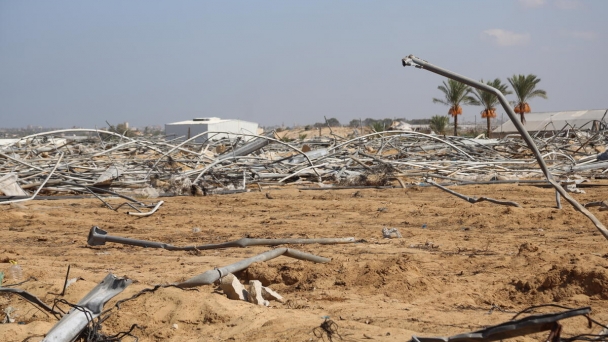
(VAN) From the FAO Regional Office for the Near East and North Africa.

(VAN) A year of change for both the UK’s broiler and egg sectors is highlighted in this year’s Andersons annual Outlook report.
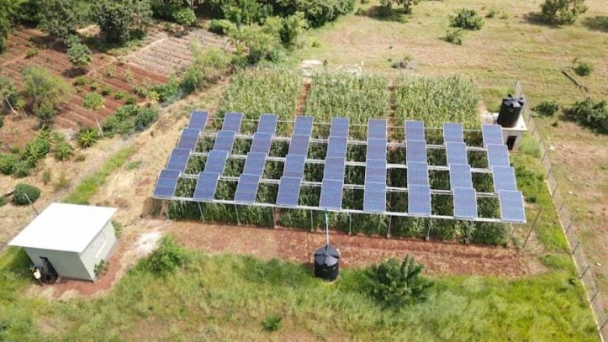
(VAN) Agriculture is a necessary part of human existence; on a global scale, unfortunately, it contributes to the climate crisis.

(VAN) The Boiling River regularly reaches 86oC - with drastic consequences for the surrounding rainforest.

(VAN) For the second time in a month, hundreds of UK farmers took to the streets of London in protest against Labour Party farm inheritance taxes, among other issues.
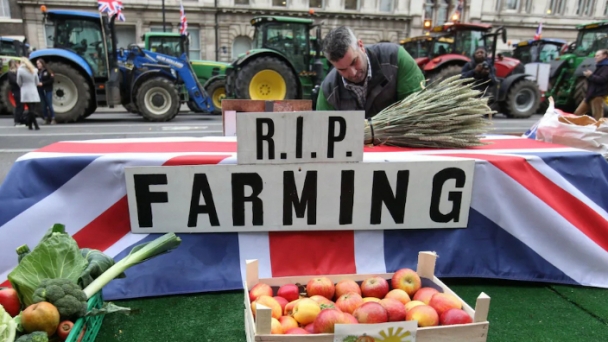
(VAN) Poor weather to blame for hampering ability to sow and damaging growing conditions.
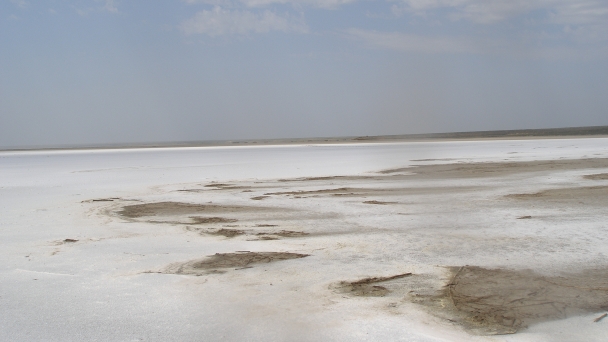
(VAN) The report was presented at the International Soil and Water Forum 2024 in Bangkok.